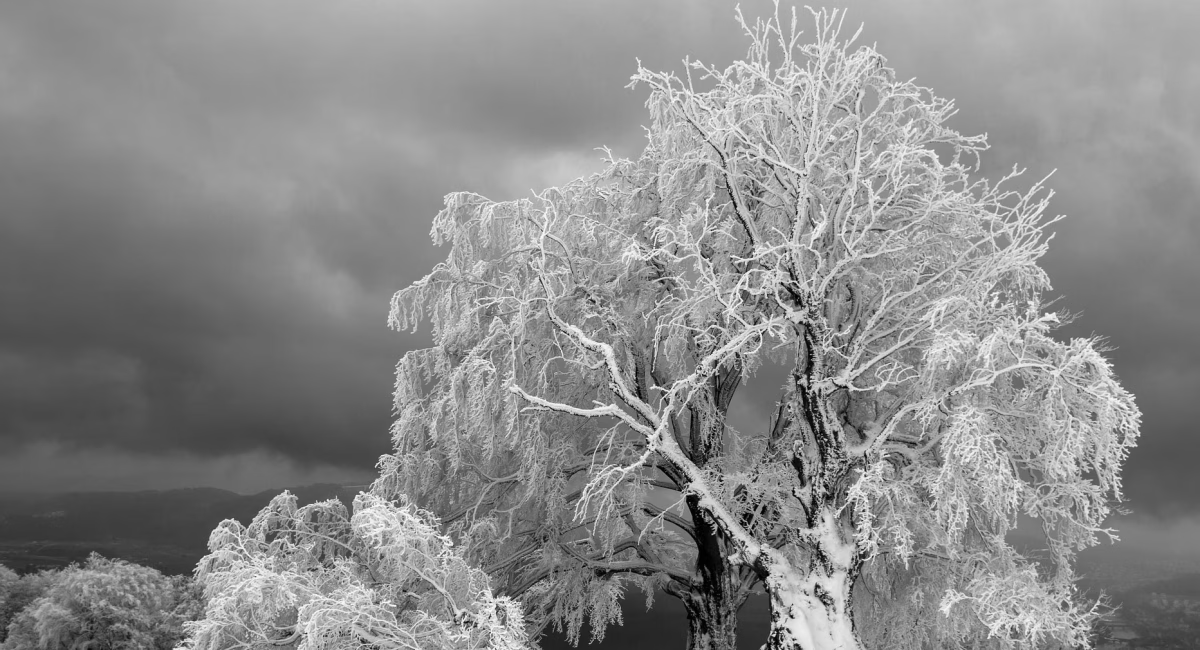Five steps to prevent fires and stay safe in winter storms
Stay safe Globe Aware volunteers! As winter storms increase the risk of house fires, it’s crucial to follow safety measures to protect your home. This is what experts recommend!
Five steps to prevent fires and stay safe in winter storms
By Dinah Voyles
January 7, 2025
USA TODAY
Improperly using space heaters and generators or ignoring road warnings and driving too fast are some of the deadliest mistakes people make during winter storms.
Most of us don’t deal with snow very often, if at all, and many depend on those people who absolutely must get to work come snow, sleet or below zero wind chill values. But accidents and mishaps are common, and lead to constant urgent reminders from public safety officials to follow some basic safety rules to keep you and your family safe.
As snow blanketed Washington D.C. during a bitter winter storm on Monday, city firefighters responded to a fire in an apartment building, and ultimately blamed the same issue that’s already caused blazes in at least three states over the past two weeks – a space heater.
The fire in the seventh-story apartment in Washington D.C. prompted department officials to warn again about the dangers of the portable heaters that are in high demand when temperatures plunge. Firefighters in Oklahoma, Florida and Massachusetts have responded to similar fires since late December.
Preventing heater fires is just one of the messages officials are pleading with residents to heed this week. Here’s five simple reminders that can help you avoid a 911 call or visit from your local emergency responders.
Use caution with space heaters
An Amazon search shows tens of thousands of space heaters have been sold over the past month, but fire safety officials say folks using them to stay warm should pay heed to the safety warnings that come with them.
If you use one of the popular heaters, always plug it directly in to a wall outlet. Never plug it into a power strip or an extension core, said State Fire Marshal Jon Davine, after a fire in Fitchburg, Massachusetts that wounded four people, including a firefighter on Dec. 22. “If you use a space heater at home, please be sure to keep anything that can burn at least three feet away on all sides.”
Give all heating sources some space
Be sure to give fireplaces and wood burning stoves at least three feet of clearance as well, Tennessee’s Emergency Management Agency posted on social media Monday. And keep your outside heating vents clear of ice, snow and debris, D.C. officials posted on X.com on Monday.
When using a fireplace, make sure it has a screen heavy enough to stop rolling logs and large enough to cover the entire space to prevent flying sparks.
Avoid driving when asked to stay off the roads
Videos of cars and trucks skidding off roads on Monday were vivid reminders of why driving during blizzards and heavy ice conditions is a bad idea. If you must drive, “take it slow in the snow,” advises the National Weather Service. Also beware of dangerous transparent ice that’s often called black ice.
Always carry a winter survival kit in the car that includes blankets, sleeping bags, high-calorie non-perishable food, water and back up batteries or power sources for your cell phone. Always share your travel plans with someone.
If your power goes out
Never use a generator in an enclosed space, and make sure a running generator is far enough away to avoid allowing carbon monoxide into your home. The weather service also advises the generator not be overloaded, kept dry and turned off before refueling, to avoid fires.
Should you skip the snow shovel?
If you have a heart condition or have risk factors that could cause a heart condition, cardiologists advise not shoveling snow. Wielding one of the wide shovels to move the heavy white stuff can be tough on healthy, active people but for others it can be deadly. It places too much of a burden on the heart, increasing the heart rate and blood pressure, and causes hundreds of deaths each year, according to the American Heart Association.
One study in Canada found shoveling a heavy snow of 7-8 inches could increase the risk of men dying from a heart attack by as much as 34%, according to the Association.


0 Comments